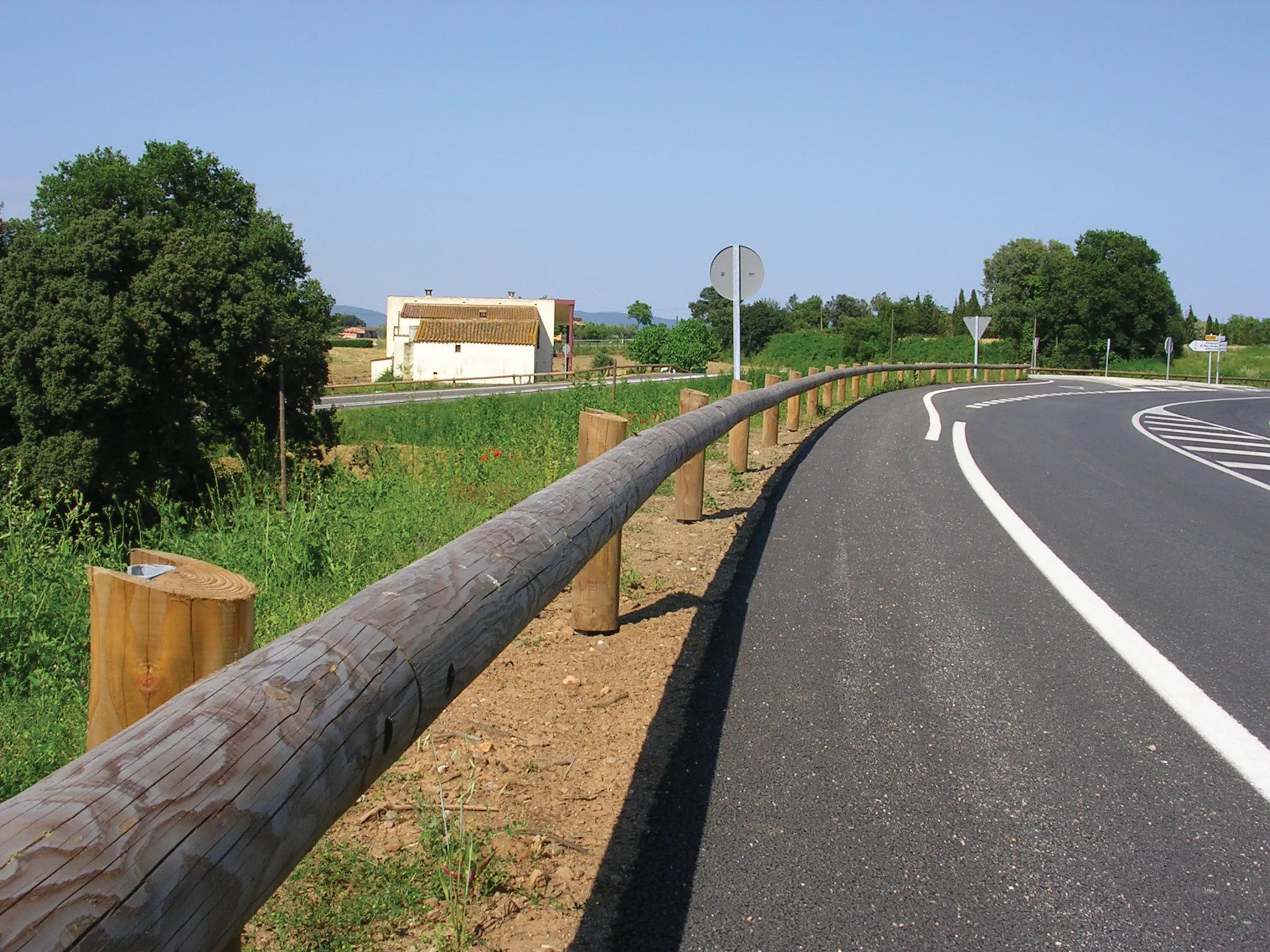Taxi drivers in Czech capital Prague have a poor reputation for over-charging unwary tourists. However a new phone application aims to offer a solution to this problem, by using GPS technology to calculate the proper charge. While the city authorities have been struggling for some years to eradicate the problem, unscrupulous taxi drivers have continued to take passengers by longer routes than necessary and are also known to fix meters so that they overcharge. The city's mayor was himself overcharged some ye
February 20, 2012
Read time: 1 min

Taxi drivers in Czech capital Prague have a poor reputation for over-charging unwary tourists. However a new phone application aims to offer a solution to this problem, by using GPS technology to calculate the proper charge. While the city authorities have been struggling for some years to eradicate the problem, unscrupulous taxi drivers have continued to take passengers by longer routes than necessary and are also known to fix meters so that they overcharge. The city's mayor was himself overcharged some years ago by a taxi driver while investigating the problem. In one instance a taxi driver even wired up seating so as to give passengers questioning his high prices an electric shock; a case of overcharging in a different sense.









